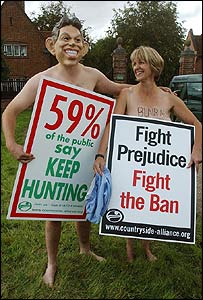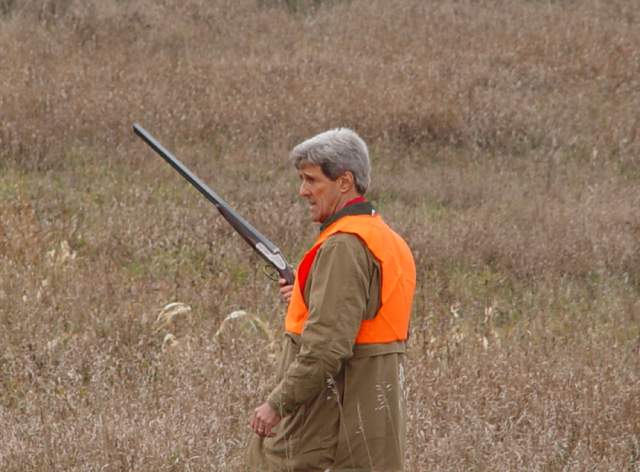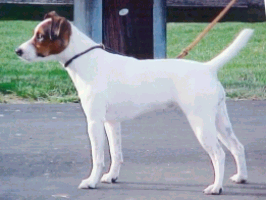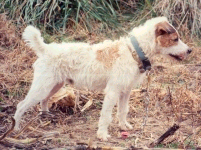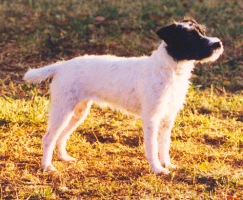
.
From: The Telegraph, Sept 12, 2004
The death of the hunt will be Blair's memorialBy Max Hastings
___________________________________
In the days when he was a Tory MP, George Walden observed that he was personally indifferent about the survival of fox hunting, but that any society capable of tying its legislature in knots to secure the sport's abolition had got its priorities perverted.
Well, now we know that this Government is indeed willing to tie the legislature in knots, and has got its priorities perverted. A host of Labour MPs who would not look up from the trough to attend a debate on child cruelty, defence, anti-terrorist measures, rail safety, wind farms or the Day of Judgment will crowd the Chamber to abolish fox hunters.
This, of course, is what it is about. Animal welfare has nothing to do with the case. Cars will continue to kill far more foxes than hunts. In hunting countries, foxes that have been lovingly preserved for the pleasure of hunts for centuries will be shot, trapped or gassed. The ban will achieve only the visceral gratification of the Labour Party. It will give the likes of John Prescott something to crow about from his dunghill at the Party Conference - and mark my words, he will.
I predicted almost two years ago that Tony Blair would get himself into such trouble over Iraq that he would feel obliged to toss the fox hunters to his backbenchers. The jackals would need a bone to gnaw while the great issues of the day escape unheeded up the road from Basra. So it has proved.
A Prime Minister who has massively deceived the nation over Iraq, appointed a master of deceit as Britain's EU Commissioner, dumped a discredited crony on the Secret Service as its director, holidayed with an Italian sleazeball and conspicuously flinched from serious reform of Britain's public services, looks like freeing himself from his own party dissenters at the cost of a few thousand hounds' lives. It is not a pretty deed, even from a man in a special relationship with God.
As an aficionado of 19th-century sporting literature, last night I sat in bed with a famous hunting treatise, pondering the words of Scarth Dixon in 1899: "I take it that no one," he wrote confidently, "save a few ill-conditioned brutes and some faddists - who think to crush the sporting instincts which are the survival of centuries with a little vulgar invective and false logic - wishes to have fox hunting done away with."
Well, Mr Dixon, it is a bit complicated. There are these MPs in Parliament nowadays who have a thing about people who gain pleasure from sport - yes, the real kind, not watching football on television. They feel strongly. It is called class war. No, Mr Dixon, they do not think of themselves as anarchists or nihilists. They simply represent a huge urban majority, determined to rearrange the English countryside to fit their own ideas.
Let us leaf through that massive tome, the 1840 Encyclopedia of Rural Sports, in search of arguments that might impress Mr Tony Banks, Sir Gerald Kaufman and their kin. Ah yes, here we are: some promising headings: "The benefical Effects of Field Sports on the Mind"; "Field Sports Inimical to Idleness"; "The Social Character of Man advanced by Field Sports"; "The martial character of Man originated in Field Sports, and is greatly sustained by their Agency".
Yet I fear that none of these considerations will influence the Banks-Kaufman axis. Less still are they likely to heed remarks about the tolerance of minority cultures. Abolishing fox hunting is deemed a symbolic step in bringing about the "irreversible change in British society" for which New Labour salivates.
It represents the destruction of a fragment of old Britain that is being blue-pencilled from the script. No matter that this same old Britain is law-abiding, tax-paying, decent, responsible, self-reliant and patriotic. It speaks with accents that have no place in a modern suburban monoculture. It possesses values and virtues which must be viewed with contempt in the golden age in which our great football clubs set a moral tone for the nation. And, of course, it votes Tory.
I supported Tony Blair's claims to govern at two general elections, and have also backed some of his doings in office, not least the removal of hereditary peers from the House of Lords. I still believe that Mr Blair is a man of greater stature than John Major was, and that the Tories' exile from power is largely their own fault.
This may cause you to mock my indignation about fox hunting and mutter: "You were one of the silly ****ers who put this lot there." I clung to a thin hope, not that Mr Blair would save fox hunting as a matter of principle - for his own are infinitely flexible - but that he would reject a course so bitterly divisive, that must make a sworn enemy of any citizen committed to personal liberty. The late Roy Jenkins was a prominent example of a libertarian who cared nothing for fox hunting, yet who spoke out for its survival because he cherished tolerance above all things.
Now, the Labour Party proposes to flaunt its own intolerance. If this miserable little piece of legislation is hammered through Parliament, I am not optimistic about saving the sport. Precisely because those who hunt are law-abiding people, I doubt whether many will defy even a rotten law.
There will be a long, messy rearguard action, in which lots of us will do our best to embarrass Blair's Government as it deserves. But Labour will probably succeed in extinguishing this great heritage. The end of hunting will not change my own life, because I do not hunt. But it will be a desperate sadness, because of what it will say about the manner of Britain New Labour is creating.
In politics as in life, no quality is more precious than generosity of spirit. The ugliness of abolishing hunting lies in the spiteful spirit which underpins it. The price Labour will pay for its triumph is the forfeit of any vestige of moral respect, among all manner of people whose respect is worth having.
The countryside has lost the political and economic power which it possessed for centuries. This reflects the march of history. What does not, however, is this sorry attempt by the representatives of the urban and suburban majority to impose upon the rural minority the values of the pavements and concrete citadels. It is a new tyranny, and a profoundly unnatural one.

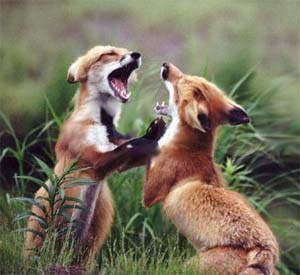
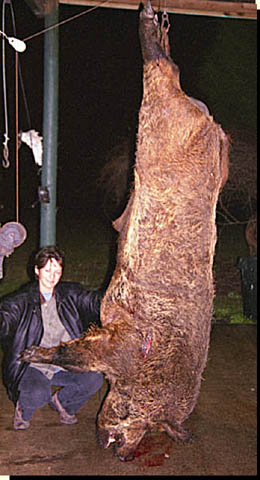

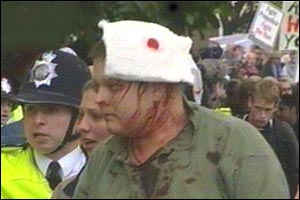
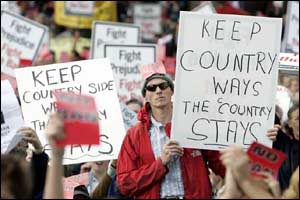
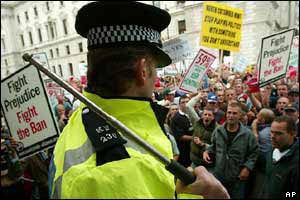 .
.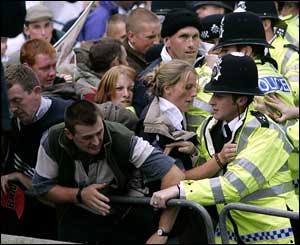
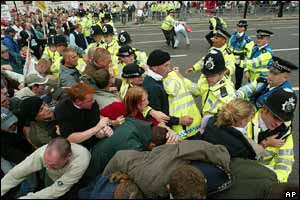
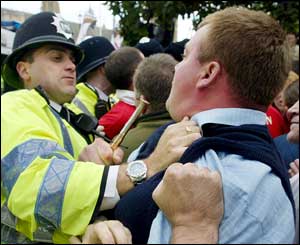
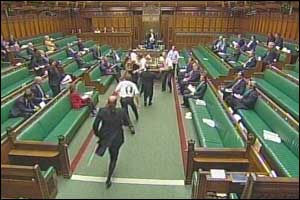
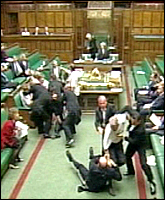
 .
.